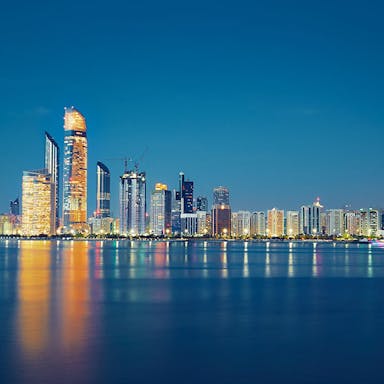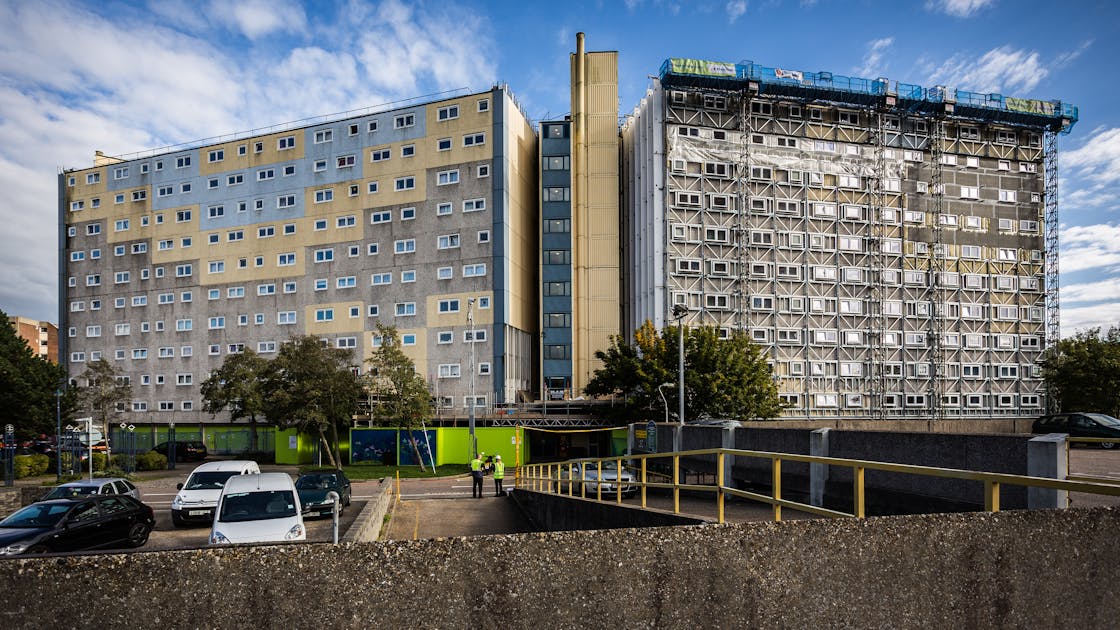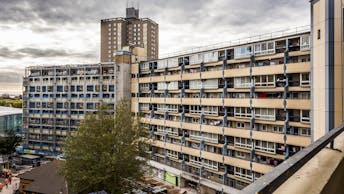Fighting fuel poverty
Energy renovation aims to make comfortable living affordable for social housing residents
Portsmouth’s 100-home Wilmcote House development was built at a time when energy performance was less of a priority than it is today. Constructed in 1968 from prefabricated concrete panels that had just 25mm of insulation, it also featured electric heating that makes it very costly for residents to stay warm indoors. As a result, many residents are unable to afford to heat their homes adequately. This is a serious issue in Europe, where 10.8 percent of people cannot afford to keep their homes warm. Countries with the worst-performing housing have higher winter mortality rates, in both warm and cold climates. In Europe, over 80 million people also live in damp homes, which can cause respiratory illnesses.
At Wilmcote House, although residents liked their flats and their location, poor energy performance was a major issue. It led to high heating bills and mould, damp and condensation which can adversely affect health. Recognising that poor insulation was the main problem, the City Council embarked on a major energy efficiency upgrade aimed at meeting the EnerPHit standard, which for renovations is the equivalent of the Passive House low-energy building standard. The aim was to reduce heating demand by 90 percent and extend the building’s life by 30 years.
“Most of the residents are suffering from serious fuel poverty,” says James Traynor of ECD Architects. “This insulation will make an appreciable difference to this issue. Significantly reducing heat loss through the thermal envelope by insulating the building wall alongside other works will help the project meet the EnerPHit standards.”
The “deep retrofit” project involved different insulation measures, with ROCKWOOL REDArt® providing external wall insulation, Rockpanel® used for cladding and a selection of our fire protection products included for fire safety. The result will not only help take residents out of fuel poverty – it will also make Wilmcote House a more pleasant place to live. As James Traynor of lead designers ECD Architects says: “The project will improve conditions within all properties, making them feel much warmer and substantially reducing fuel bills.”
Project location
Tyseley Road,
Hampshire,
Southsea PO5 4NB,
UK






